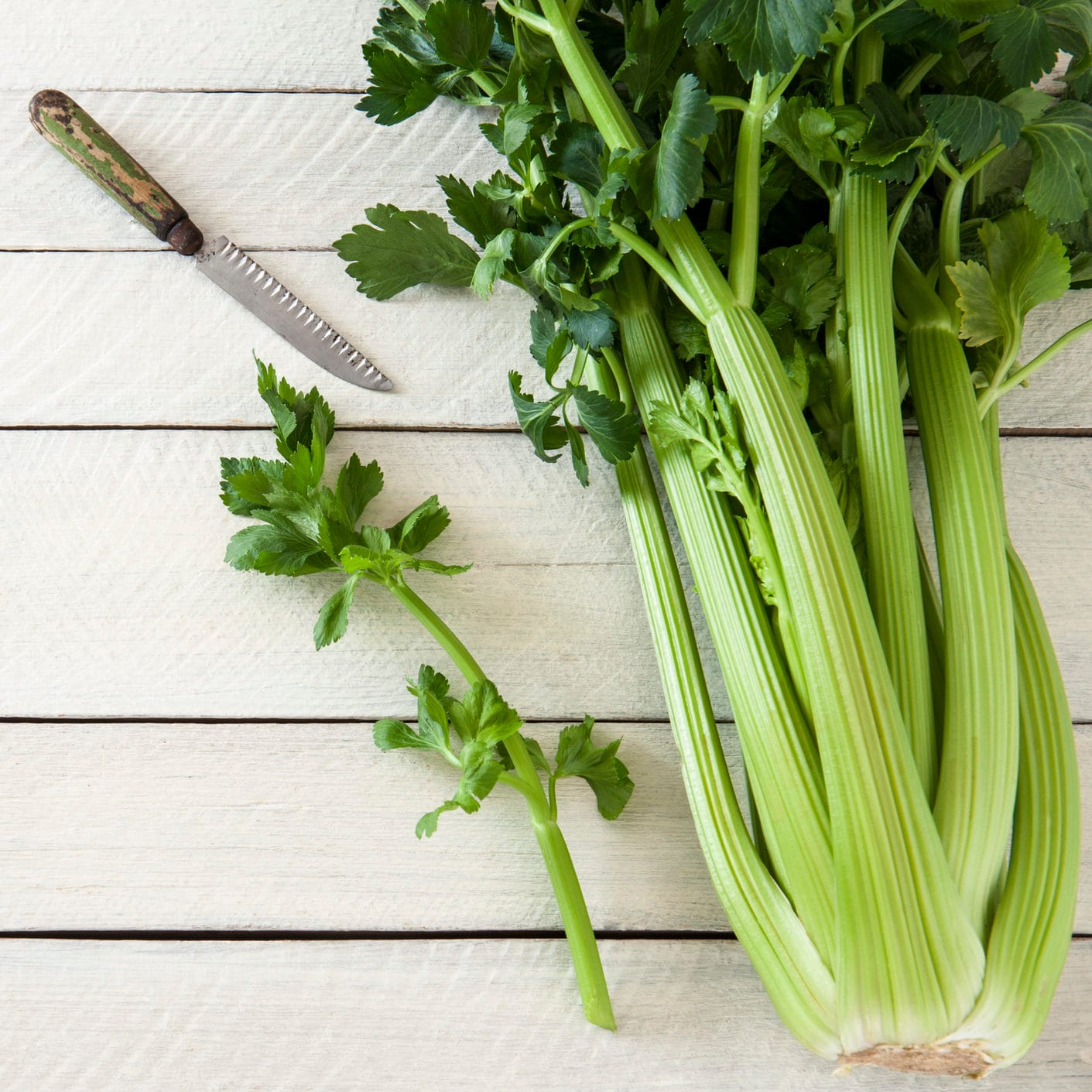Farming in South Gippsland: access to water the key to expansion
🔗 [SYSTEM UPDATE] Link found. Timestamp incremented on 2025-11-26 13:55:13.As urbanisation infringes on Melbourne’s traditional market gardens, growers Schreurs & Sons have moved to South Gippsland to take advantage of land with underused water supplies. DAVID McALPINE reports


By DAVID McALPINE
Increasing urbanisation is encroaching on market garden areas on the fringes of Melbourne, with one grower expanding to new ground and an underutilised water supply in South Gippsland.
Schreurs & Sons is a third-generation family business based in Clyde, on the edge of Melbourne’s south-east suburbs, producing celery, leeks and baby leaf varieties of spinach, rocket and snow pea tendrils.
Dutch immigrant Joe Schreurs originally founded the farm at Dingley around 50 years ago and later relocated to Clyde to escape the wave of suburban development in the early 1970s.
Now, the third generation of the family is facing a similar urbanisation dilemma to their forebears.
The older generation, who still own the five Clyde properties, is selling the land for housing development as quickly as current business owners Adam, Ben and Chris Schreurs can find new land to relocate the business.

“Water’s what we look for first, that’s the hardest part to get. Water, then soil and climate, basically,” Adam Schreurs said.
With this in mind, the Schreurs purchased a 365 hectares former dairy farm, more than 100km away at Middle Tarwin in South Gippsland, and have since converted about 65ha of its fertile soil for celery production.
They had considered established irrigation districts such as East Gippsland but preferred the shorter distance from Middle Tarwin to their distribution facility at Clyde, Mr Schreurs said.
Mr Schreurs said they bought water licences from farmers upstream on the Tarwin River, which enables them to pump water from the river into storage dams during the winter.
“We aim to be able to sustain ourselves out of the dam fully through the drier months of the year without drawing on the river, so we use about three megalitres per year per acre.”

Mr Schreurs said water allocation regulations currently prevent them from pumping extra water, beyond their normal allocation, from the river when it is in flood.
“If people are sensible about it we could pump the water when the river’s flooding, store it in dams and use it in the dry times,” he said.
A Southern Rural Water (SRW) spokesperson said although major modernisation investments were focused on existing irrigation districts, they were monitoring the expansion of irrigated horticulture in South Gippsland and were planning to automate meter reading in the region.
“There may well be an opportunity for SRW to be more proactive in working with industry and individual growers in the planning for the expansion of water-intensive industries into areas that have historically been used for other purposes such as dairy or beef production.”
“Water trading is a strong focus for SRW and we will continue to look for ways to improve access to water via trading rules and systems.”
In planning for future expansions, Mr Schreurs is also interested in alternative water sources, including desalinated water from the Victorian Desalination Plant or high quality recycled water from sewerage treatment facilities.
Southern Rural Water confirmed there were no plans to source water from the Victorian Desalination Plant for agricultural customers; however, they are “continually talking with other water sector agencies and industry bodies to investigate all viable options to improve water security for farmers across all of its regions”.





